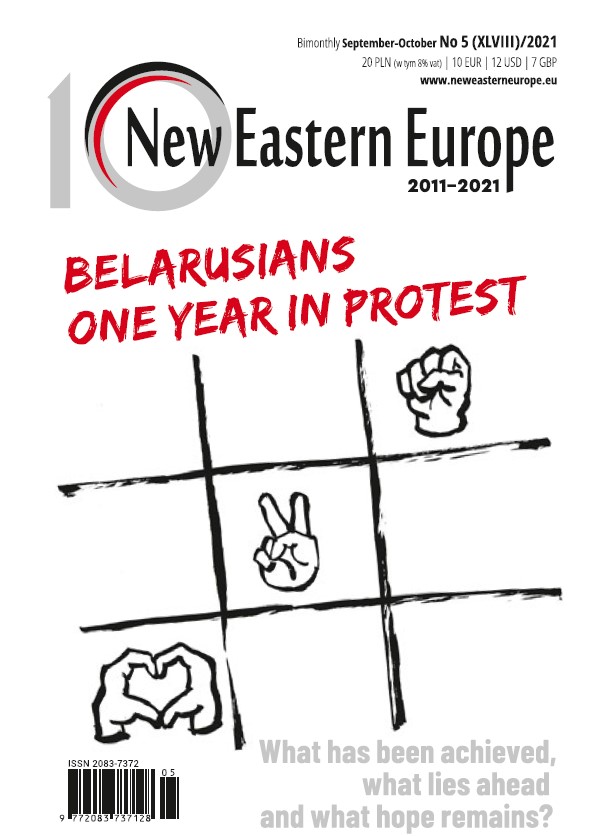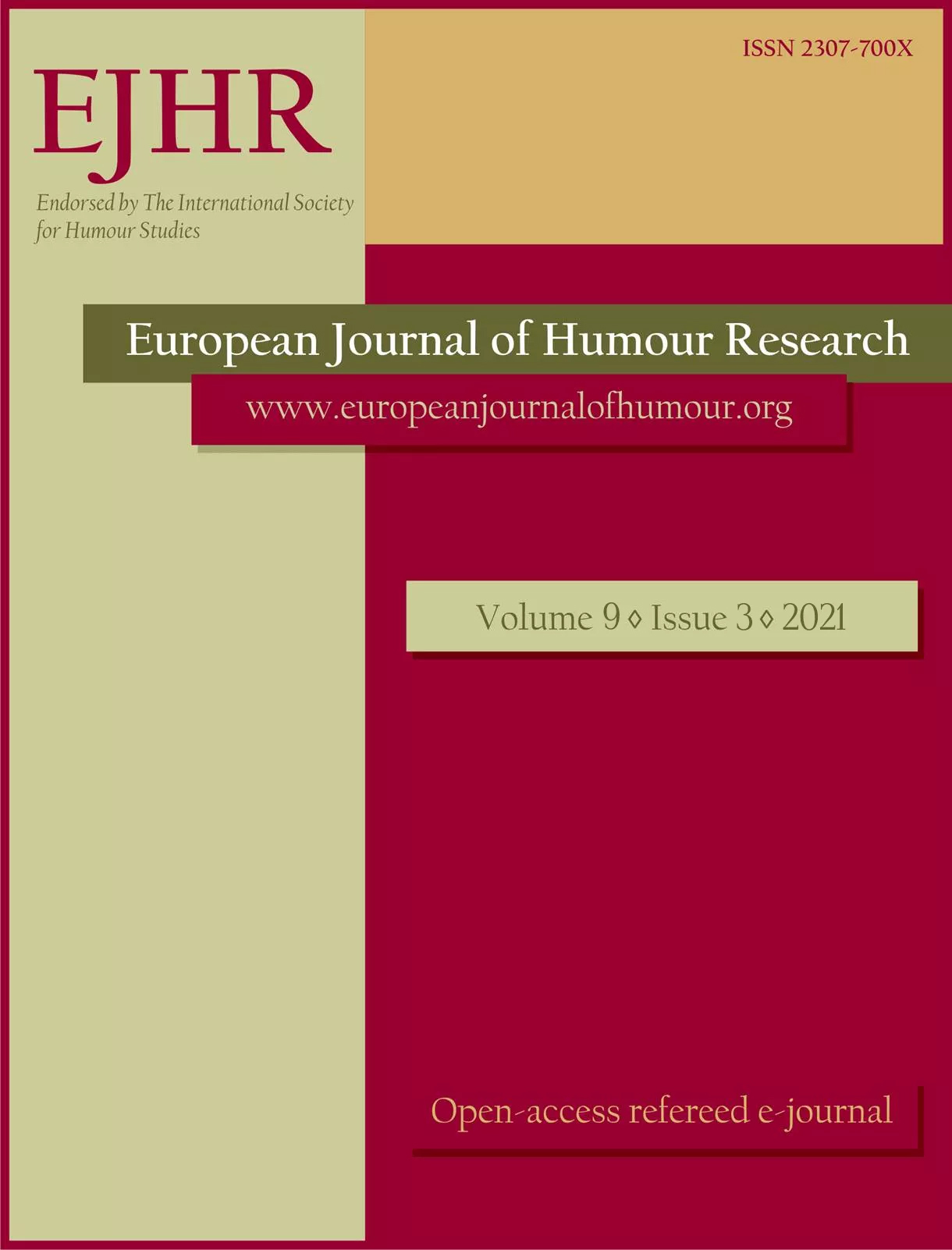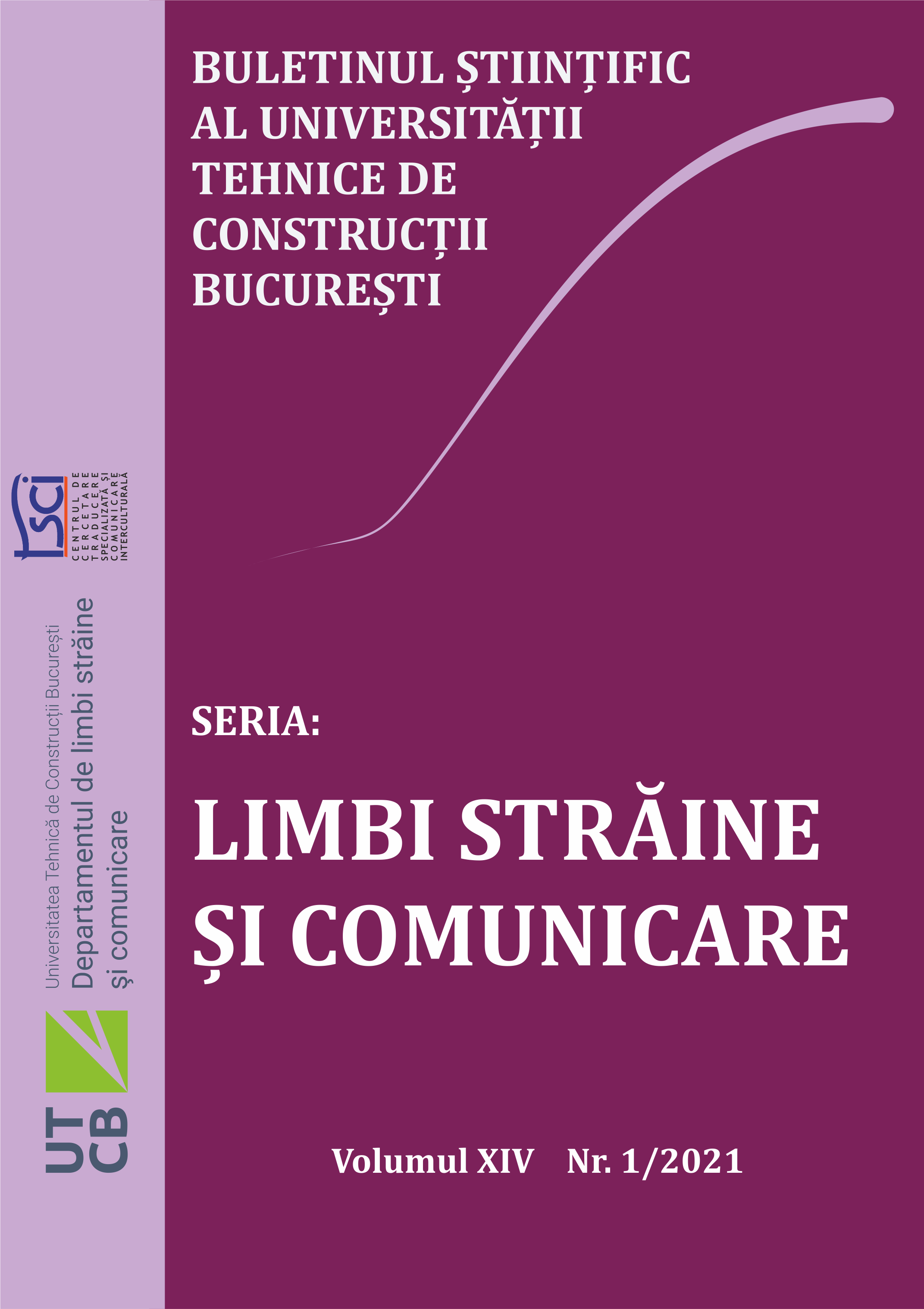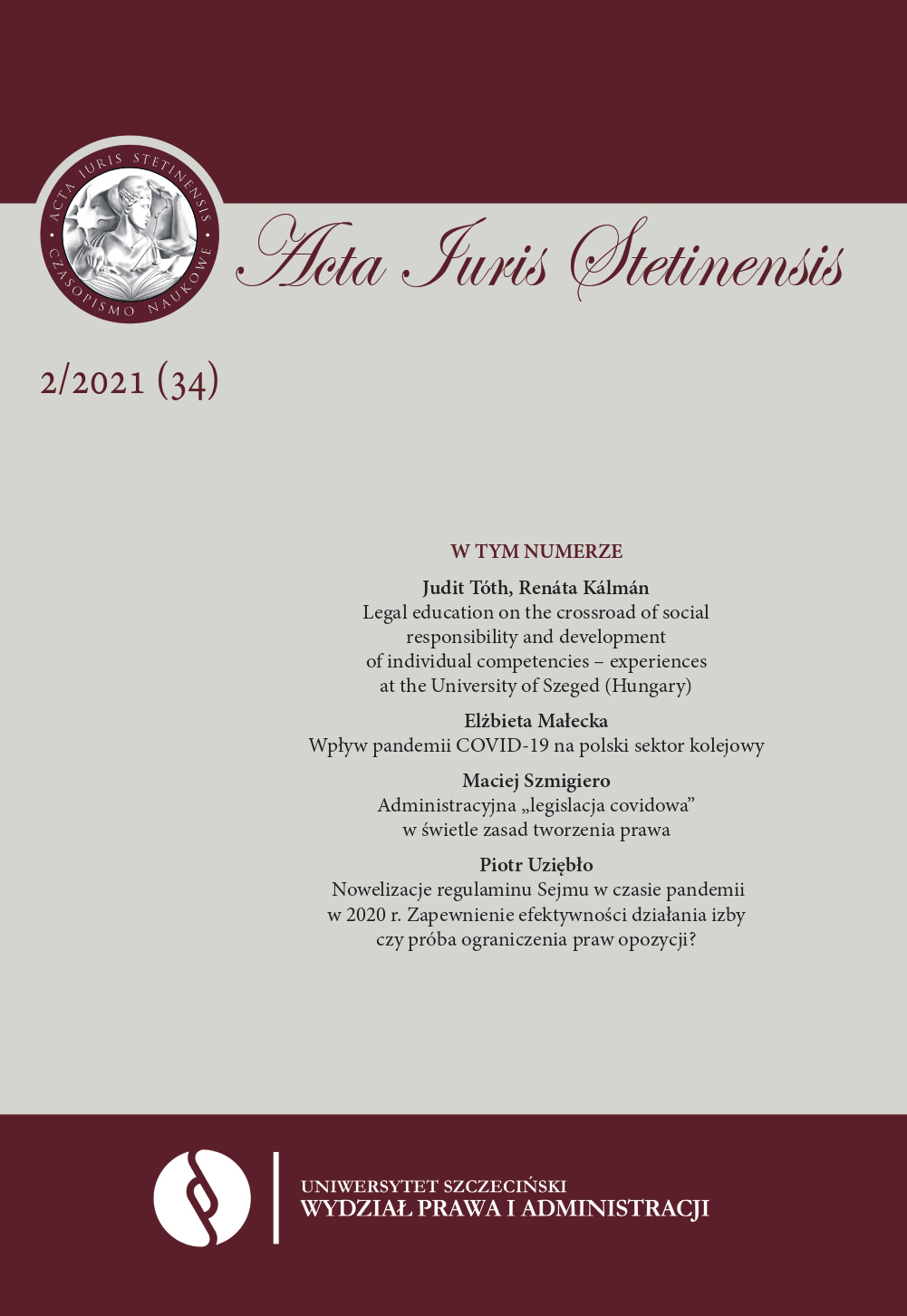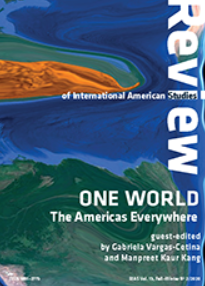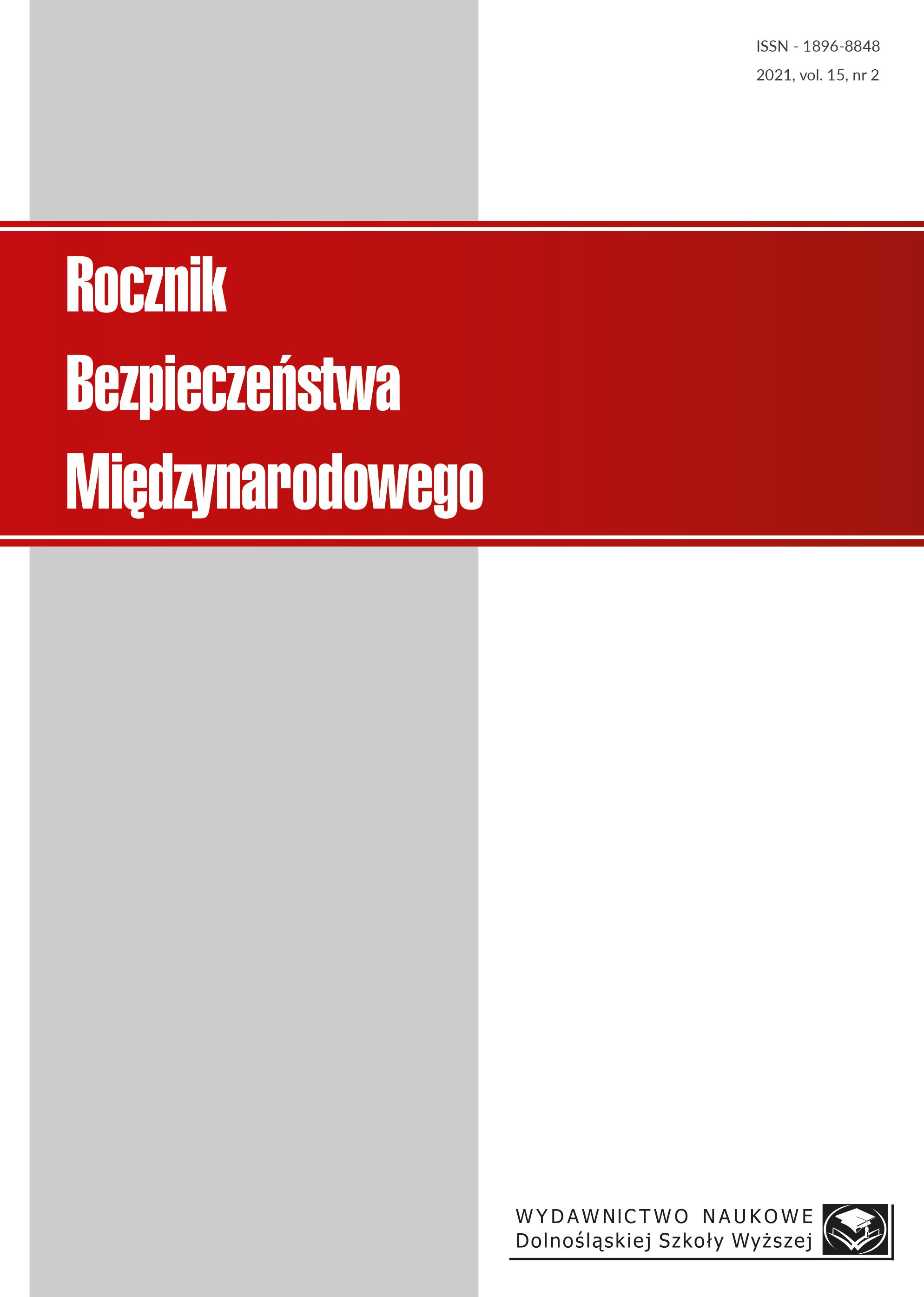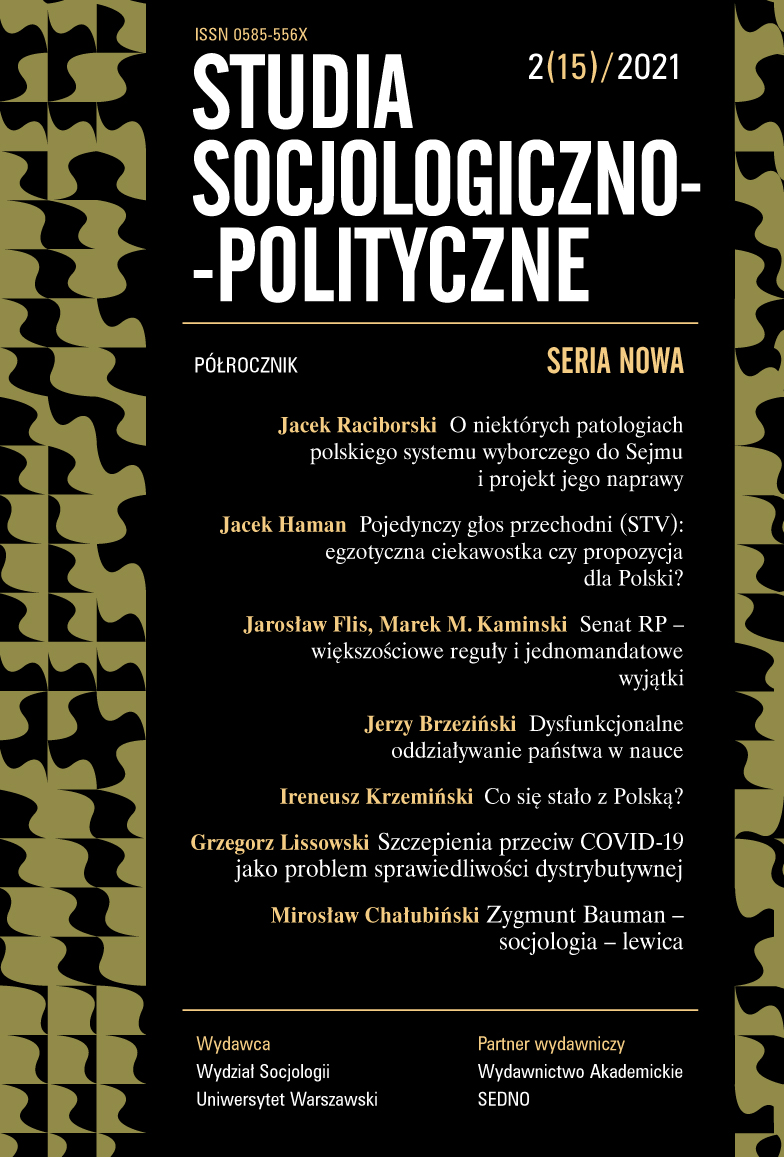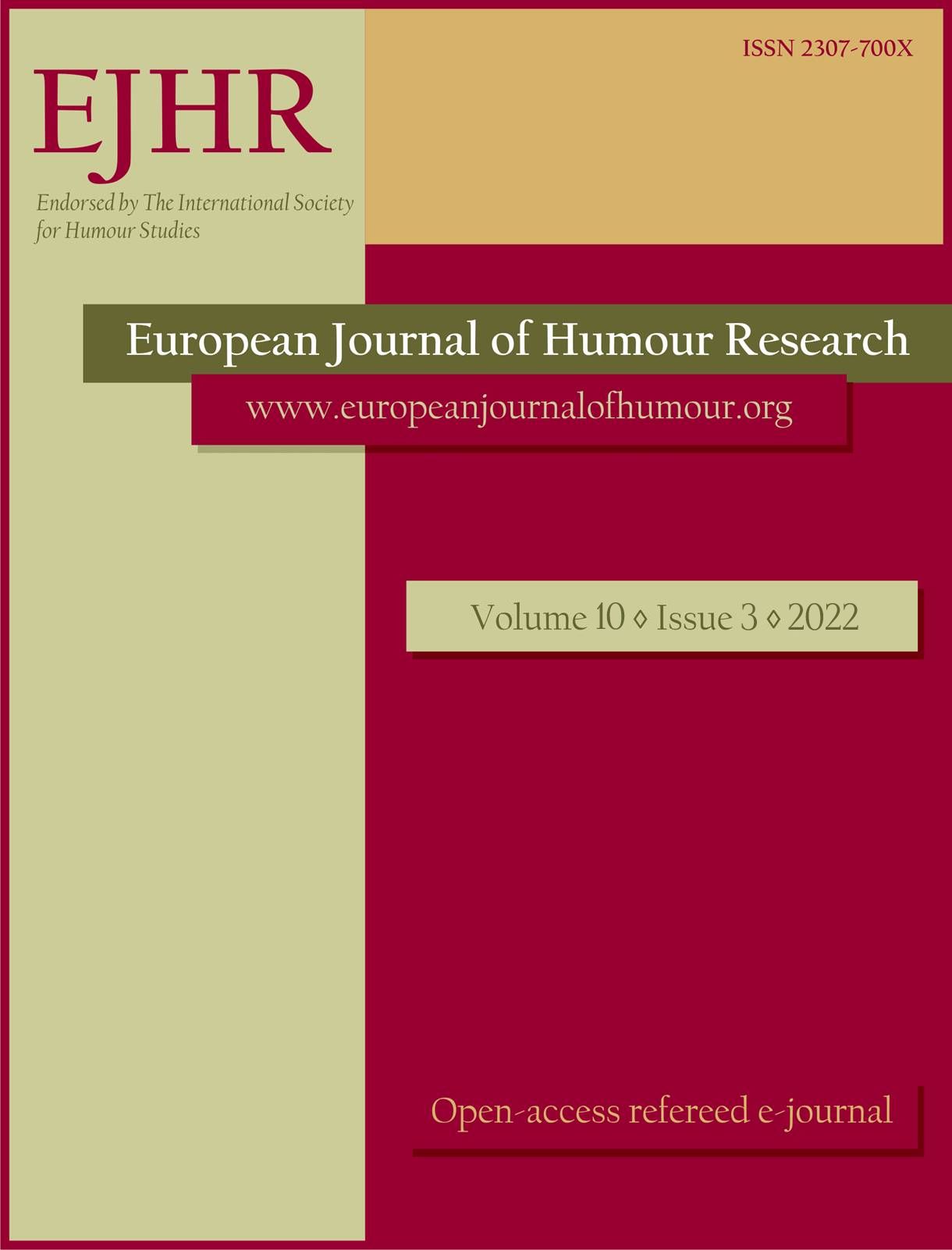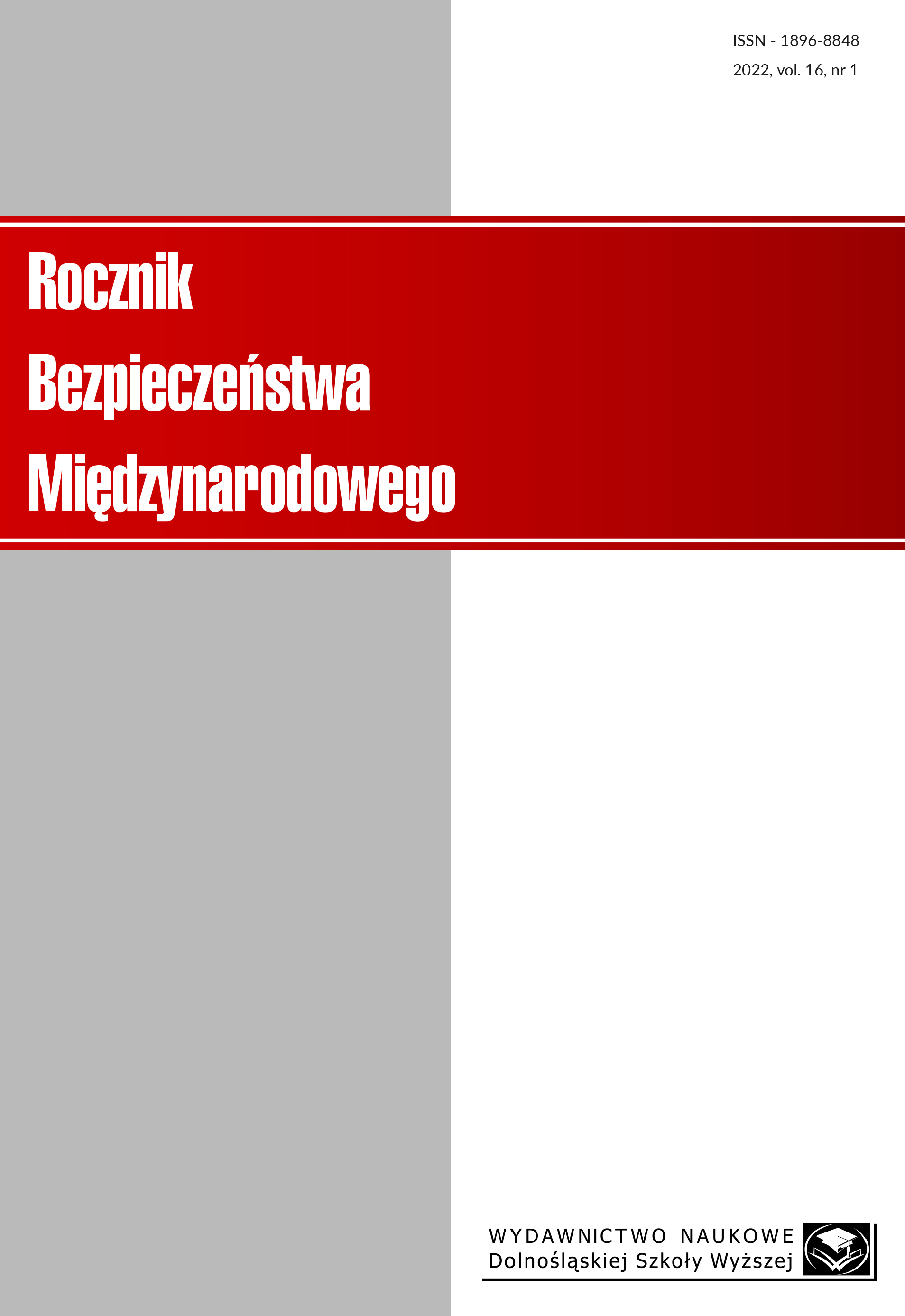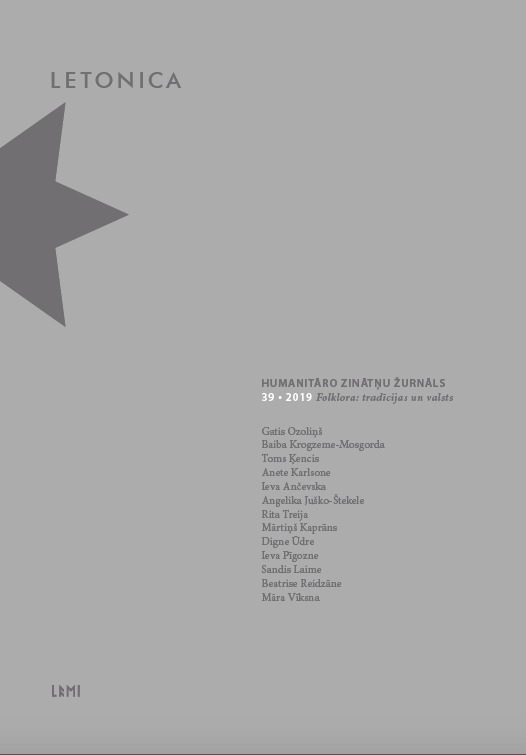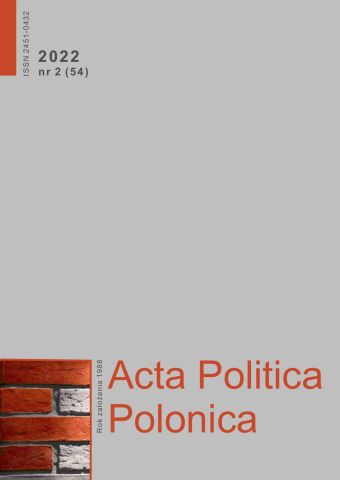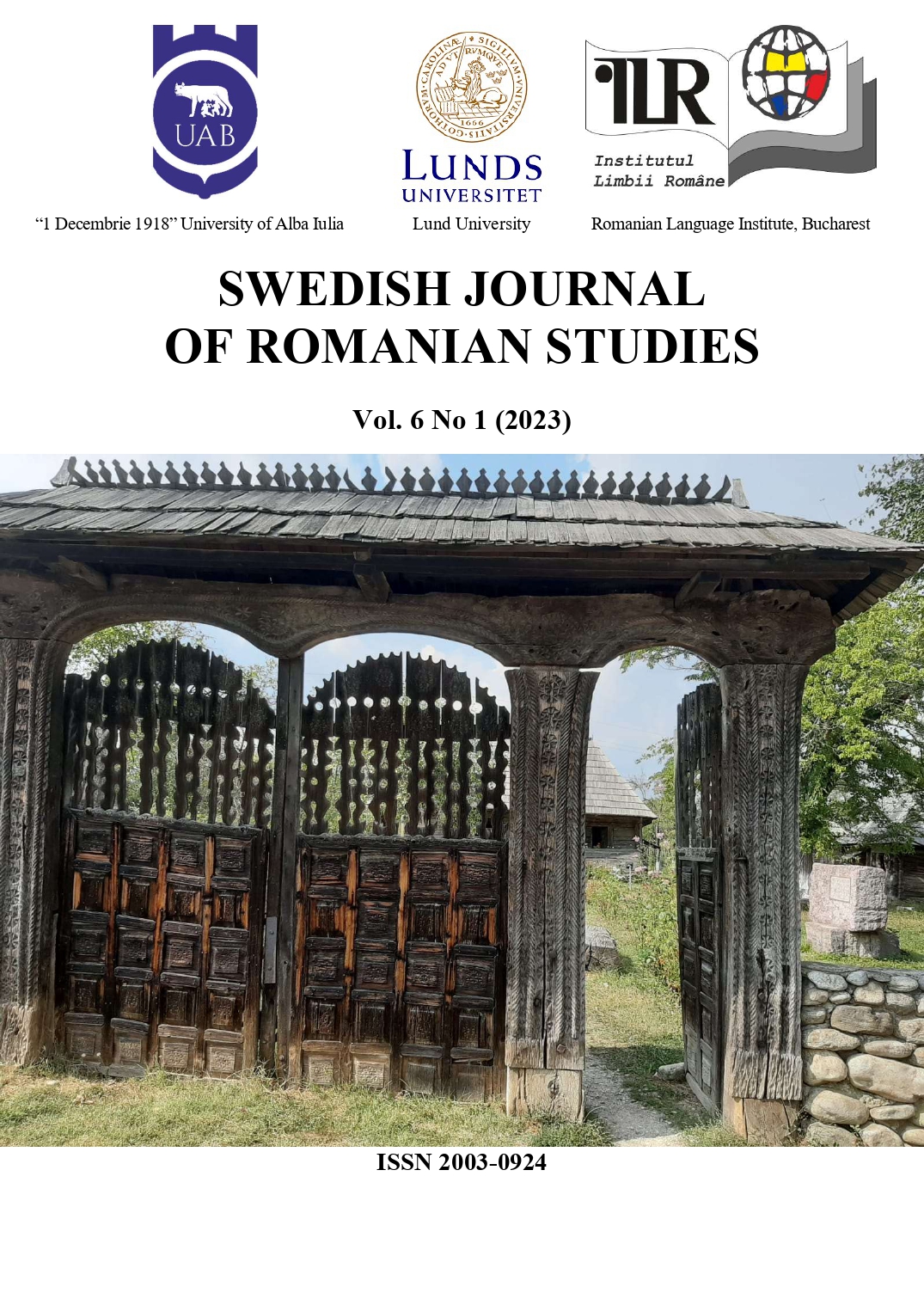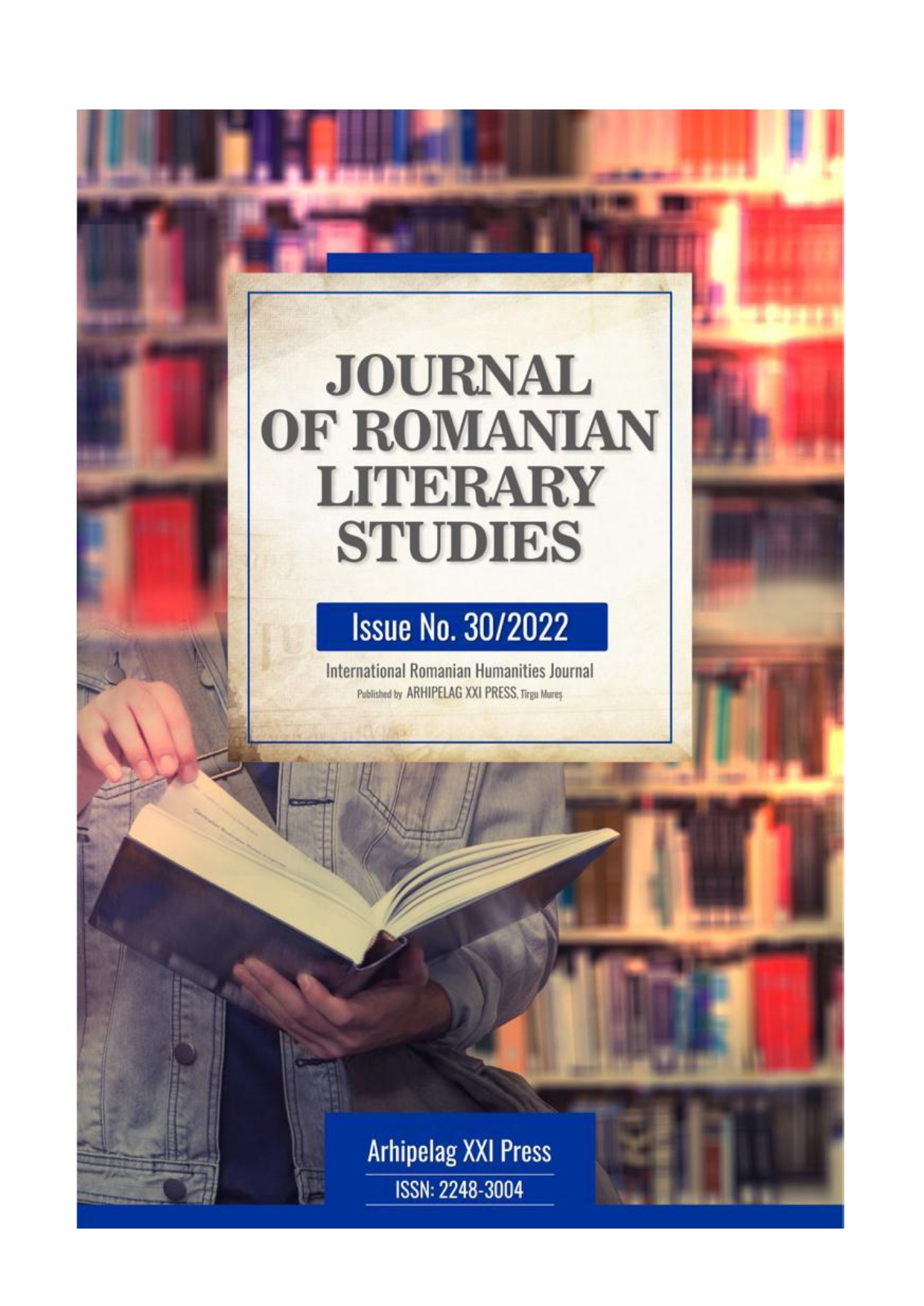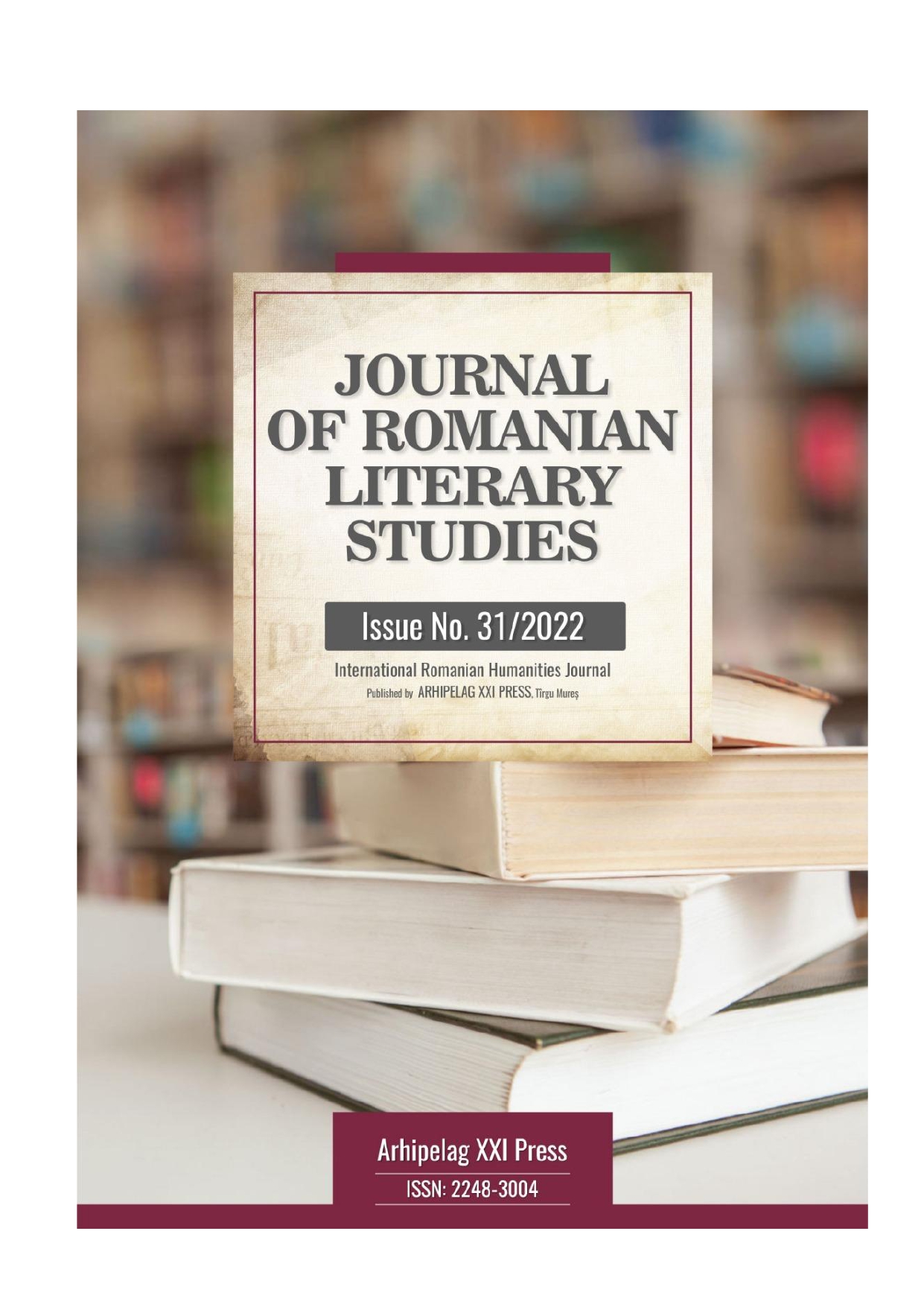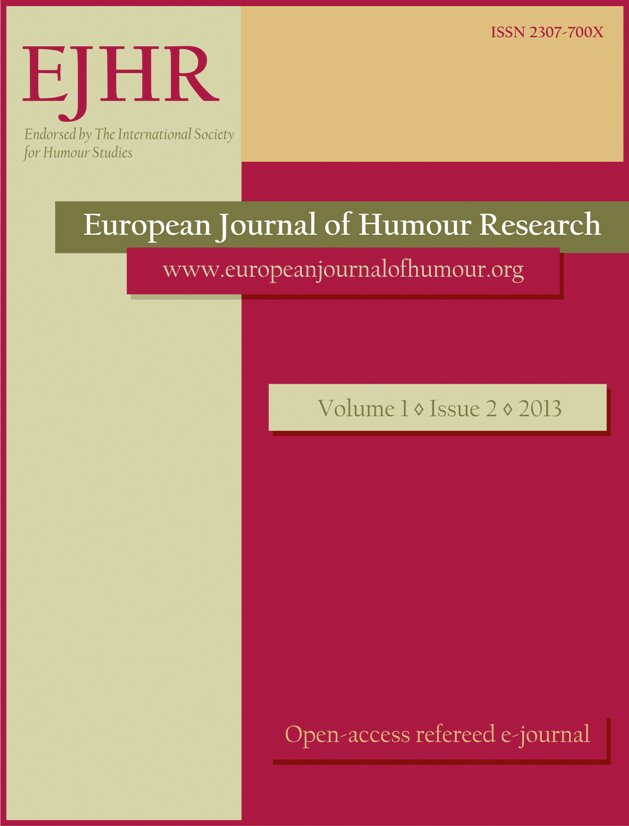
Humorous political stunts:
The article introduces the concept of humorous political stunt and a new model of five types of stunts that in distinct ways challenge the prevailing order and transcend established power relations. The five types, named supportive, corrective, naive, absurd and provocative, each relate to those in power and their rationality in a different way. Supportive stunts are framed as ostensible attempts to help and protect from harm, here exemplified with a search for landmines in a Belgian bank investing in dubious companies. Corrective stunts present an alternative version of the power holders’ truth, illustrated with a Swedish peace organisation’s parody webpage of a government agency established to support arms export. In an example of a naive stunt, Burmese opposition challenges the military junta from behind a pretended innocence. Polish resistance to socialist rule shows how the absurd stunt defies all rationality. In a contemporary Russian provocative stunt directed towards the secret police, the pranksters transcend power by appearing not to care about the consequences of infuriating the powerful. In all instances, humour is the tool of serious dissent and protest attempting to humiliate and undermine the powerful. The model has been applied to more than 40 stunts and illustrates methods of speaking truth to power that exploit humorous techniques such as irony, exaggeration or impersonation. The examples also document that humour is not always carried out at the expense of those at the bottom of society, but can indeed kick upwards in order to aim for change of the status quo.
More...
